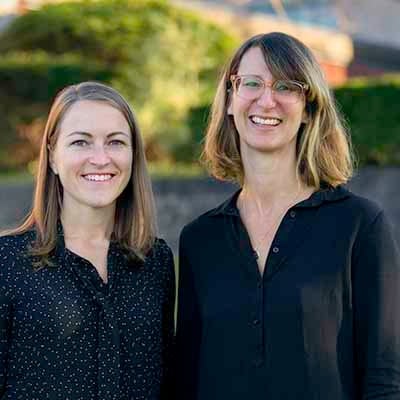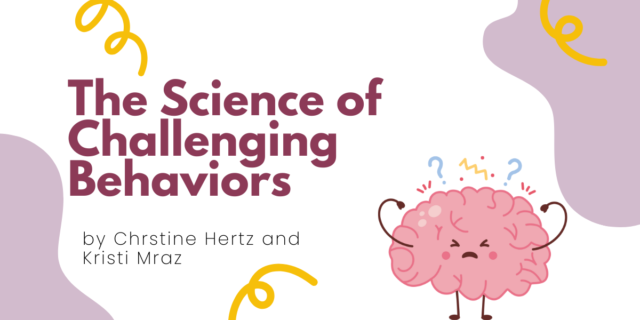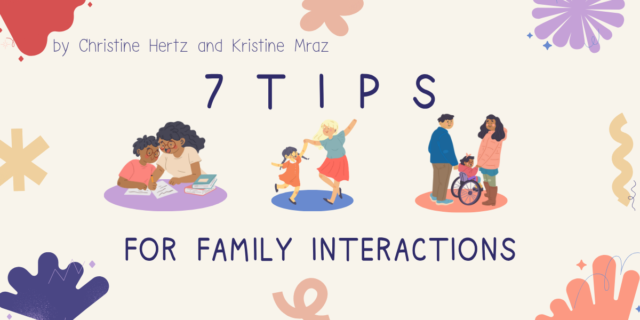
We teachers tend to be strivers. Some of us who have prided ourselves on being the “best” students have the hardest time transitioning to being the “best” teacher. Why is that? Well, some of it is wrapped up in that word best. The mighty and brilliant Carol Dweck has done tons of research around the idea that there are two ways to describe mindsets people have. Fixed mindsets are “I am who I am” people. That is to say they believe their identity to be comprised of statements like: I am a good student, I am bad at sports, I am a good artist, and so on and so on.
We teachers tend to be strivers. Some of us who have prided ourselves on being the “best” students have the hardest time transitioning to being the “best” teacher. Why is that? Well, some of it is wrapped up in that word best. The mighty and brilliant Carol Dweck has done tons of research around the idea that there are two ways to describe mindsets people have. Fixed mindsets are “I am who I am” people. That is to say they believe their identity to be comprised of statements like: I am a good student, I am bad at sports, I am a good artist, and so on and so on.
Someone with a growth mindset, in the words of Carol Dweck, believes that “skills and capabilities can be developed.” In other words, someone with a growth mindset would never deem themselves to be good or bad at something. Things like being a student or an artist or an athlete are neutral. You can either work at them and get better or not work at them and not develop those skills. It is a combination of belief in growth, intentional skill instruction, and an ability to see setbacks as learning opportunities that enables people with a growth mindset to outperform those with a fixed mindset.
The real key is how we see setbacks, because let’s be clear, we teachers encounter a lot of them. If you see a setback as a threat to your identity, it is very hard to confront it and learn from it. But when we are able to see setbacks as a natural part of learning and living, look at them honestly, and come away with some valuable feedback about what to try differently next time, then we live as teachers who constantly grow and develop and constantly improve and refine our practice. Risk and change bring a promise of growth and learning. Instead of berating yourself for mistakes, instead ask, “What are the opportunities for learning and growth today?”; “When, where, and how will I act on my plan?”; “What do I have to do to maintain and continue the growth?”
There is no perfect way to live as a skilled teacher, but there are some strategies that will support you as you evolve- no matter where you are along your teaching journey:
- Childhood is a distinct and valuable period in life. Children are not in training to be adults; they are whole and complete human beings worthy of deep respect and capable of making choices, thinking critically, and contributing to society as a whole.
- Teaching should be tailored to the unique aspects of every child, and all children should feel powerful in their learning journey.
- Treat children as you wish to be treated. Observe, wonder, support, and challenge. Facilitate and encourage.
- Building community is a slow and powerful process that can be shortchanged when compliance and control techniques are used.
- See your classroom as a microcosm of the world; ask constantly, "Is this a world I would want to live in?"
•••
You can learn more about Kid's First from Day One on heinemann.com. To learn about the companion text, A Mindset for Learning, click here.

Christine Hertz is coauthor of the Heinemann titles Kids First from Day One and A Mindset for Learning. She finds great joy and challenge in helping all children grow as independent and engaged students. She is passionate about keeping play and creativity at the center of children's lives and curiosity and wonder at the heart of learning. Christine has taught in a wide variety of classrooms from preschool to fourth grade and as an adjunct instructor of education courses. She currently teaches in Worcester, Vermont. You can follow her on Twitter @christine_hertz or visit her web site at christinehertz.com
Kristine Mraz is coauthor—with Christine Hertz—of the new Kids First from Day One, which provides a practical blueprint for increasing the child-centeredness of your teaching practice. She and Christine previously teamed up for the bestselling A Mindset for Learning (coauthored with Christine Hertz), which provides practical and powerful strategies for cultivating optimism, flexibility, and empathy alongside traditional academic skills. Kristi teaches Kindergarten in the New York City Public schools. In addition to writing and teaching, she consults in schools across the country and as far away as Taiwan. She primarily supports teachers in early literacy, play, and inquiry based learning. You can follow all of her adventures on twitter @MrazKristine or on her blog kinderconfidential.wordpress.com



